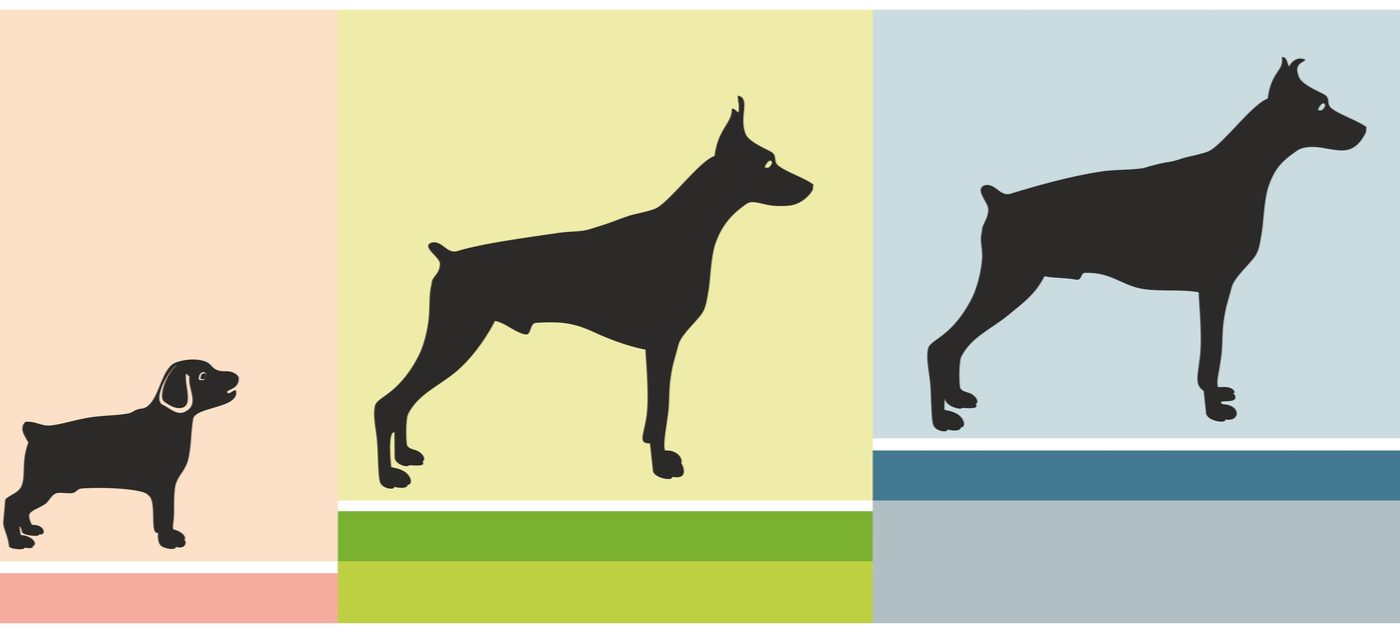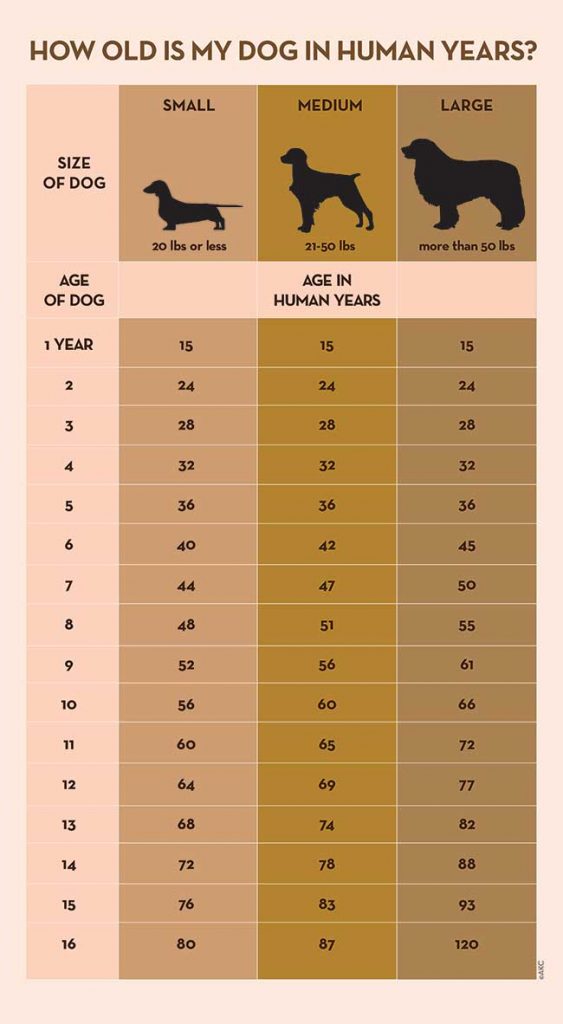How Are Dog Years Counted?

Since then, dogs are considered as the most famous human companions, warranting them the title of “man’s best friend.” Some even opt to live with dogs during old age. That is why people try to gauge or find a way to determine how long their furry friend could live.
The 1:7 ratio—Truth or Myth?
If you have been a long-time dog owner, you have most likely heard of the 1:7 ratio—one human year is equivalent to seven years for dogs. However, it has long been refuted by experts, saying that this proportion is only applicable until the dog reaches about four years of age. Beyond that, and this simple ratio is logically unsound.
Time measurement is not the same with these two creatures. For one, the average lifespan of a dog is about ten years, with the longest living dog breed, the New Guinea singing dog, living for up to 18 years. But just like humans, a dog’s lifespan can be affected by numerous factors, like the lifestyle, habits, and existing medical conditions.
Dog lovers and breeders also know that the small ones tend to live the longest. Small breeds (about 20 pounds or less) like the Shih Tzu, Poodle, and Chihuahua can live for up to 17 years on average. That is about eight years more than their medium (about 21-50 pounds), and large (beyond 50 lbs.) counterparts. The reason as to how it is something that remains a mystery even to scientists.
Dog Years vs. Human Years—the Real Deal
Because there is no particular formula when it comes to how dog years are counted during the 20th century, a team led by Gary Patronek gathered data from 23,000 dogs of different sizes, ages, and dog breeds. By observing the variation between the numbers and the relationship between the three previously mentioned variables, they created a formula for translating human years to dog years. This method led to the birth of this chart:

As you can see in the first column, one human year is equivalent to about 15 years in dogs—a huge difference from the 1:7 ratio propagated by early researchers. And as previously mentioned, large dog breeds tend to last the shortest. This information may help you in choosing what type of dog breed you want to keep for the rest of your life.
